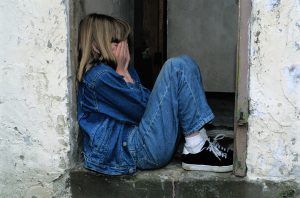Accused of Hitting Your Kids? Here’s How the State of California May Respond

In the state of California, if you are accused of child abuse (specifically, hitting your child abusively), your world could immediately be put into upheaval. California’s stance on child abuse is to provide immediate protection for the child first (by removal or restraining orders, if necessary), then investigating and pursuing the claims. Depending on the severity of the accusations or the intensity of the situation, within a matter of hours, you could find yourself arrested, separated from your child, and barred from returning to your own home. Your custody rights may be revoked (at least temporarily), and jail time might loom—all before you truly understand the charges you could be facing. Let’s talk about this sensitive issue, discuss what California law says about child abuse, how the state might respond to child abuse accusations, how the accusations might affect your custody rights, and what could happen if you are convicted.
What the Law in California Says About Child Abuse
Under Penal Code 273d PC, the State of California defines child abuse as an act in which someone “willfully inflicts upon a child any cruel or inhuman corporal punishment or an injury resulting in a traumatic condition.” A “child” is defined as a minor under the age of 18. The law is worded in a way that often causes confusion over whether or not it’s illegal to spank a child in California—and indeed, some believe corporal punishment is a gray area of the law. However, under this definition, the act of hitting a child physically for disciplinary reasons (even with an object) is not considered child abuse unless it is excessive, cruel, or results in a “traumatic condition.” A basic spanking for disobedience would not be considered abusive, but breaking the skin or leaving a mark in the process could be construed as child abuse.
 Los Angeles Criminal Defense Attorney Blog
Los Angeles Criminal Defense Attorney Blog

